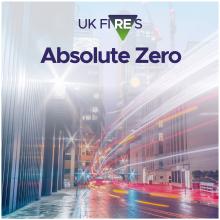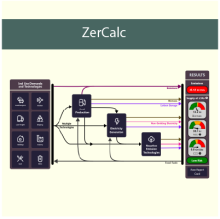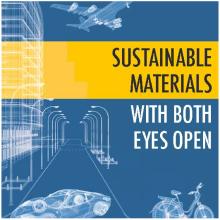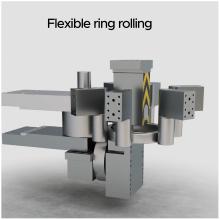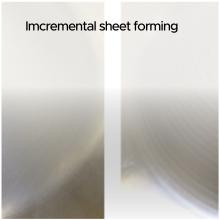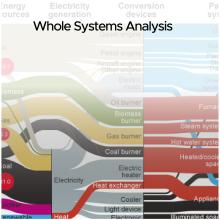
The Use Less Group, based at the University of Cambridge and led by Professor Julian Allwood, has been pursuing world-leading research in climate mitigation for over 20 years. Our projects, linked below, are funded by EPSRC, UKRI and a consortium of industry partners, and have led to a number of spinout companies and international events with far-reaching impact.
Our spinout companies
Impact projects
Inventions
Engineering is at the heart of all our lives, and all areas of engineering must now be defined by our legal obligation to achieve a zero emissions society by 2050.
The ever-growing world economy is hungry for energy and materials but is powered by fossil fuels, which release greenhouse gases that lead to dangerous climate change.
There are two main sets of solutions: develop technologies to deliver clean energy, acting on the supply side of the problem; and reducing our demand for energy and materials, by identifying and implementing resource efficiency measures.
Supply-side solutions such as renewable energy and carbon capture and storage cannot deliver rapidly enough and at sufficient scale to provide the levels of mitigation agreed by national laws and international declarations. These techno-optimistic options rely on an unrealistic rate of innovation and fail to grasp the urgency of the climate crisis. Read Absolute Zero for more information on this.
Therefore, the implementation of resource efficiency measures must be a primary ingredient of any mitigation strategy. From developing technologies to increase the material efficiency of key manufacturing processes, to evaluating the impact of measures such as reducing the size of cars or increasing the lifetime of buildings, research is required to understand how demand-side options can deliver the greatest benefit.
Latest blog posts
Professor Julian Allwood reacts to the government's pledge of nearly £22bn for projects to capture and store carbon emissions from energy, industry and hydrogen production.



